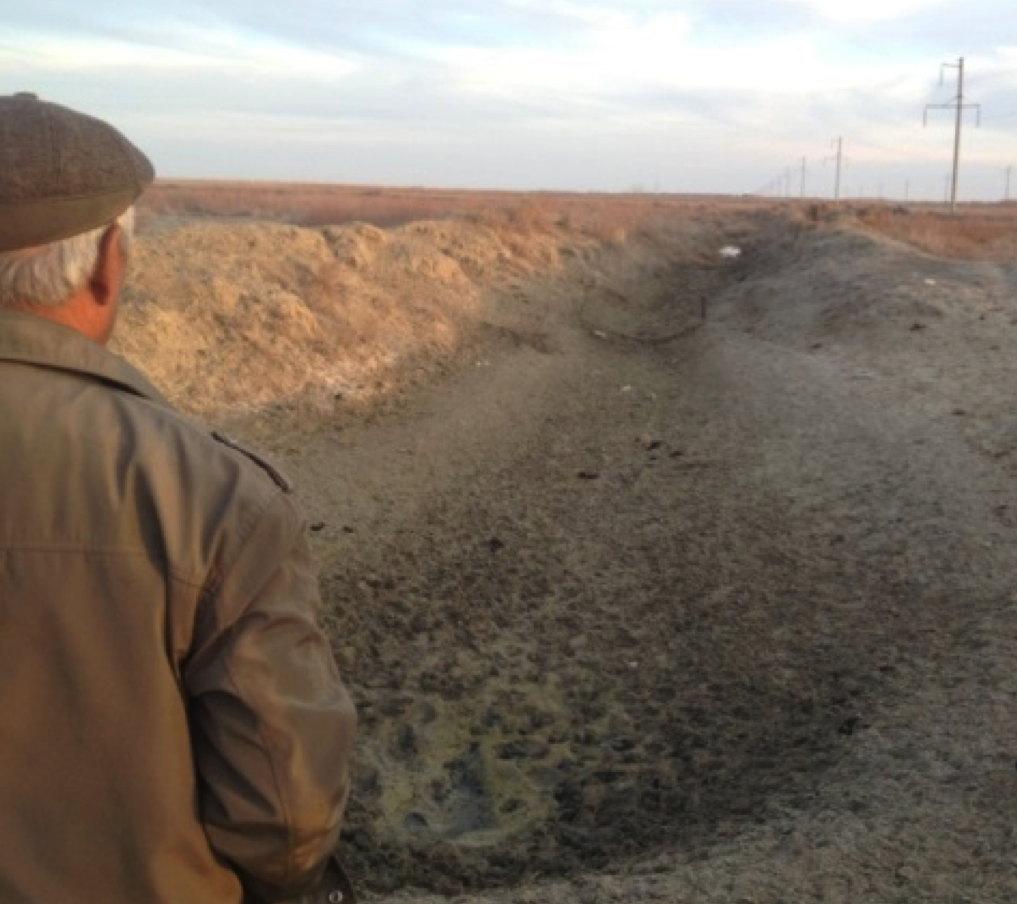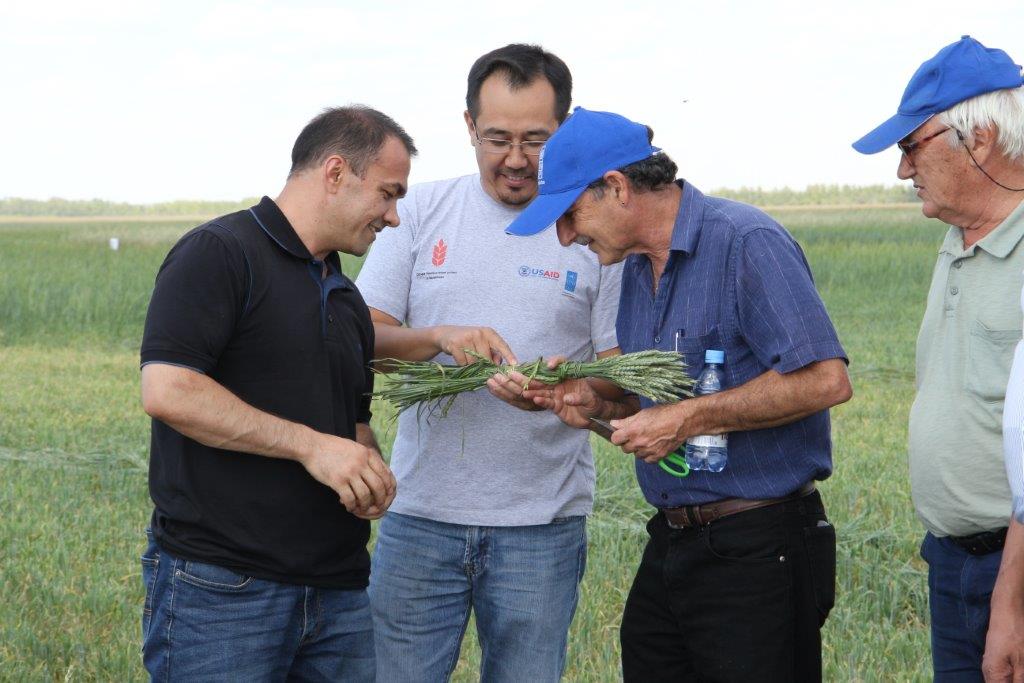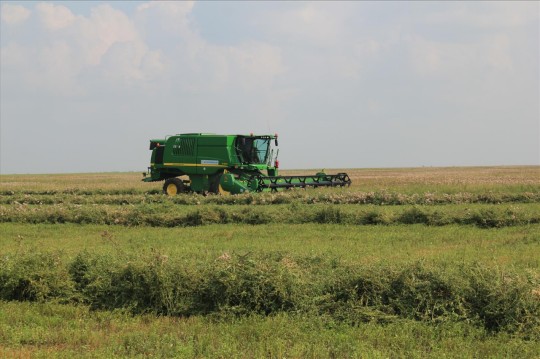
Firuz Ibrohimov
Firuz Ibragimov has a BSc. in Agricultural Sciences, two MScs. in Land Management and Conservation and Phd in Agriculture....
Improved water delivery in the delta region of Syrdarya River, Kazakhstan
Over the last 25 years the region of Syrdarya river has dried out, impoverishing local communities. Improvements to water infrastructure have helped transform the lifes of local people.
Improving wheat productivity in Kazakhstan through the identification of best sowing intervals
Soil moisture and temperature are critical to seed survival. This method, developed by a joint USAID-UNDP project, determines the best intervals for sowing wheat using meteorological data.
Improving the Climate Resilience of Kazakhstan Wheat and Central Asian Food Security
Kazakhstan is a major wheat exporter in Central Asia. Sustainable climate-resilience in the national agriculture sector is therefore a safeguard of food security in the whole region.



